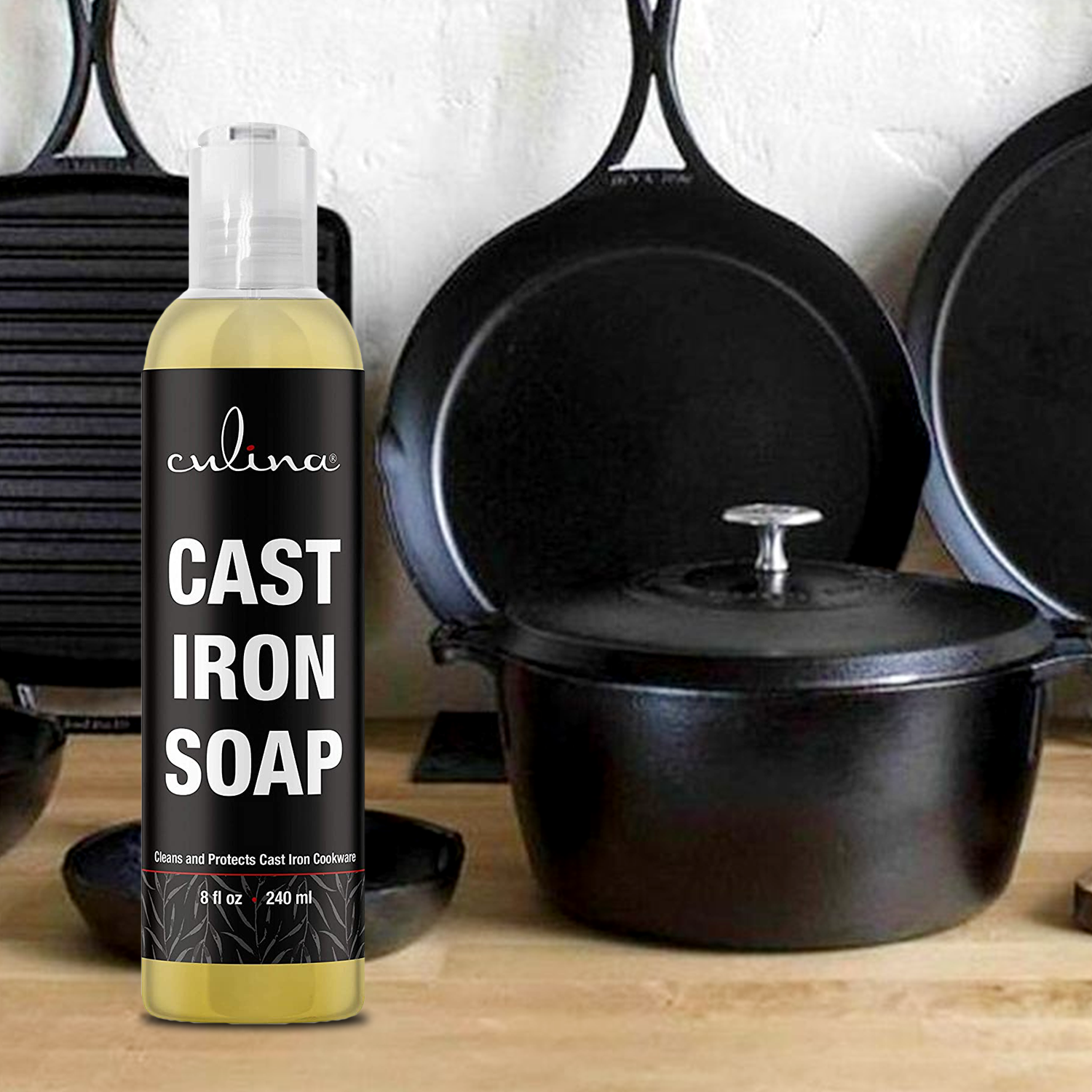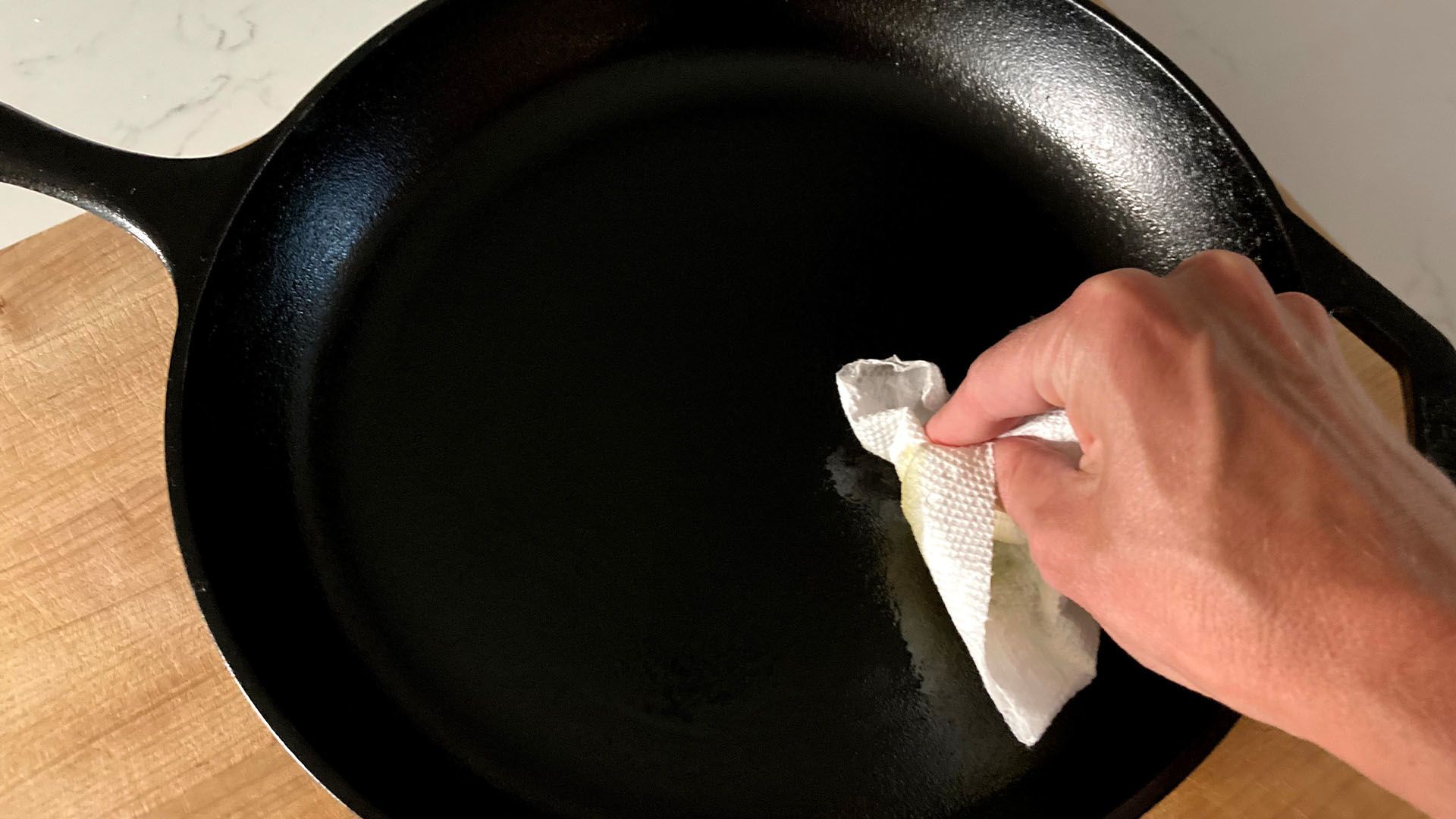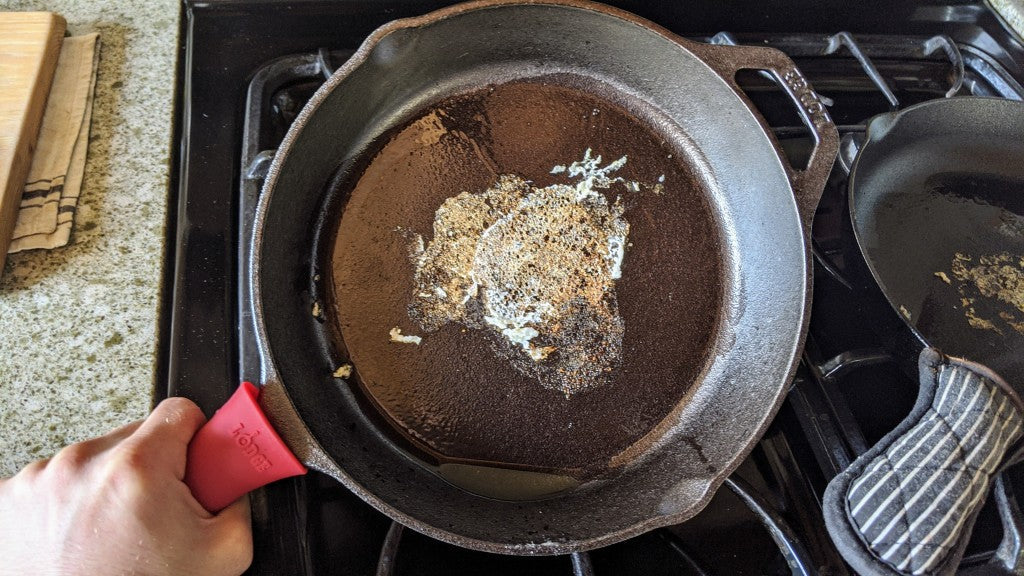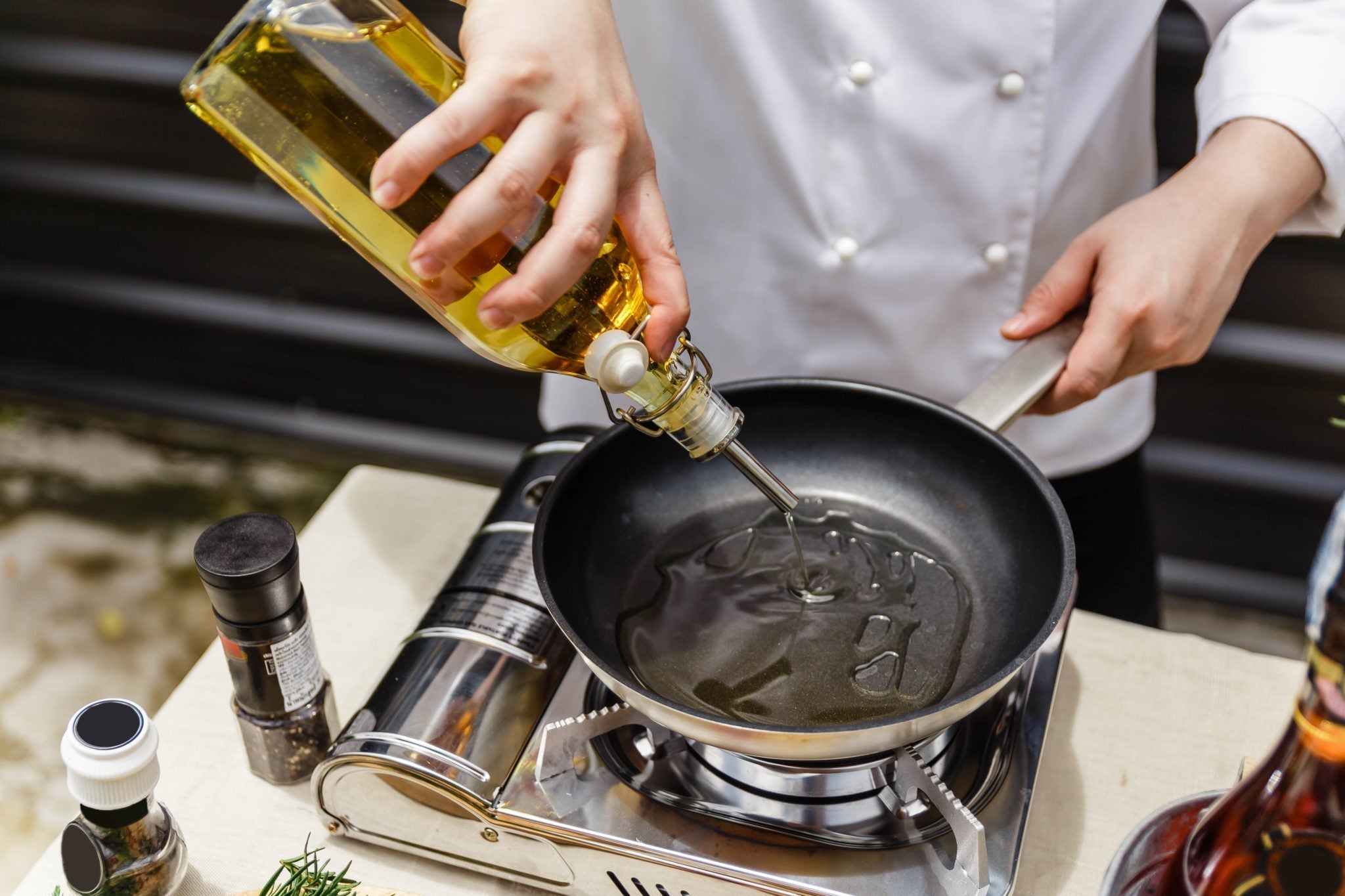Cooking steak in a cast iron skillet offers a unique flavor and texture that few other methods can match. However, selecting the appropriate oil is crucial and can greatly influence your steaks outcome. Understanding which oil is best for cooking steak in a cast iron skillet is key for anyone looking to master this culinary technique.
When cooking steak, you'll be working with high heat. The oil you choose will not only enhance the flavor but also help prevent sticking and burning. In this article, we will explore various oils, their smoke points, and provide practical tips that will raise your steak cooking skills to the next level.

The Role of Oil in Cooking
Before diving into the available options, it's important to understand the significance of choosing the right oil. Each type has a different smoke point, and exceeding this temperature can lead to unpleasant flavors and health concerns. Therefore, picking the right oil is essential for a successful cooking experience.
Popular Oil Choices: Benefits and Drawbacks
1. **Vegetable Oil**: Known for its versatility and neutral flavor, vegetable oil is an excellent option for cooking steak in a cast iron skillet. It has a high smoke point (about 400F), making it ideal for achieving that perfect sear.
2. **Canola Oil**: Another great choice, canola oil has a high heat tolerance and a mild flavor. It's often preferred in commercial kitchens due to its balancing properties.
3. **Olive Oil**: While extra virgin olive oil adds delicious flavor to dishes, it has a lower smoke point (around 375F), making it less favorable for high-temperature cooking. Still, its robust flavor can enhance the meat remarkably.
4. **Grapeseed Oil**: This oil is a favorite among chefs, boasting a high smoke point of about 420F. Its perfect for high-heat cooking and adds a subtle flavor hint to your steak.
5. **Avocado Oil**: With the highest smoke point (around 520F), avocado oil is superb for steak lovers. Its rich taste complements the natural flavors of your meat beautifully.

How to Select the Perfect Oil for Your Steak
Your choice of oil will ultimately depend on personal taste and cooking style. Here are a few factors to consider:
- Flavor Profile: Decide whether you want an oil that adds flavor or if you prefer something neutral.
- Smoke Point: Know the cooking temperatures youll be using and select an oil with a suitable smoke point.
- Health Aspects: Opt for oils that are minimally processed and high in healthy fats.
Getting Your Cast Iron Skillet Ready
Preparing your cast iron skillet is vital. Ensure it is well-seasoned to provide a non-stick surface and enrich the steak's flavor. For excellent preparation tips, check out the bacon cooking guide.

Effective Steak Cooking Techniques
With the right oil in hand, mastering cooking techniques is key:
- Searing: Start by preheating your skillet over medium-high heat before adding the oil. Wait for the oil to shimmer before placing the steak in the skillet to achieve a perfect sear.
- Resting: After cooking, let the steak rest for several minutes to allow the juices to redistribute.
- Finishing Touches: Incorporate butter or aromatics like garlic and herbs in the last moments of cooking for a flavor boost.
Maintaining Your Cast Iron Skillet
Caring for your skillet is crucial to ensure its longevity:
- Season it regularly to preserve its non-stick surface.
- Avoid using soap to clean it, as this can strip the seasoning.
- Use hot water and a stiff brush for cleaning instead.
Frequently Asked Questions
1. Can I use butter for cooking steak in a cast iron skillet?
Yes, but its advisable to mix it with an oil that has a higher smoke point to prevent burning.
2. How can I tell if my skillet is seasoned?
A well-seasoned skillet should have a smooth, semi-gloss finish that is easy to clean and resistant to rust.
3. Is it possible to cook steak in a cast iron skillet without oil?
While it can be done, using oil improves flavor and prevents the steak from sticking to the skillet.
For additional insights on cooking techniques, explore these cooking ideas.
In conclusion, remember that every chef has their individual preferences. Whether you opt for grapeseed, canola, or a blend of oils, what matters most is how they enhance your steak. Every cast iron skillet carries its story; what culinary adventure will yours embark on?
As an Amazon Associate, I earn from qualifying purchases.






Leave a comment
This site is protected by hCaptcha and the hCaptcha Privacy Policy and Terms of Service apply.